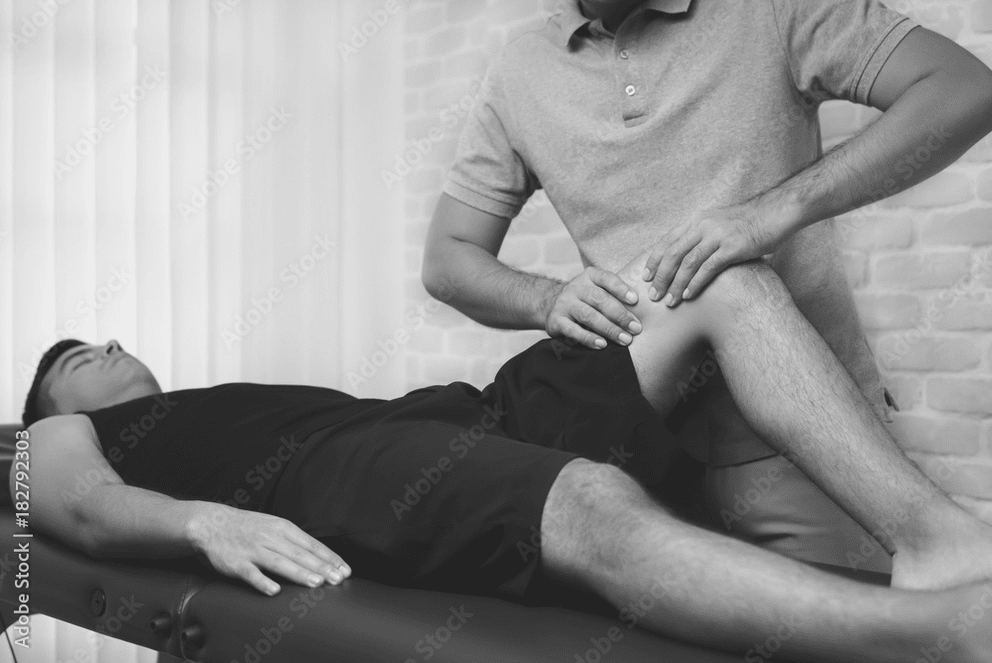
INJURY OF THE MONTH - ACHILLES TENDINOPATHY/TENDONITIS
Pains
What is the Achilles tendon?
The Achilles tendon is the strongest and largest tendon in...
Read more
GENERAL

How many people do you know that have said to you - "I have just been told I have a frozen shoulder" or "my frozen shoulder is back again"? I am sorry to be the bearer of "bad" news but there is a good chance that they do not have frozen shoulder, as this is one of the most misdiagnosed conditions in the body.
True frozen shoulder is called "adhesive capsulitis", and follows a pattern that other shoulder conditions DO NOT. The stages of the condition can be simply outlined as:
1: Pain
2: Pain with decreasing movement (stiffness)
3: Pain starts to ease but stiffening continues to worsen
4: Pain absent and stiffness resolving
Adhesive capsulitis has a cause that is still unknown but seems to be very common in females over the age of forty. The duration can vary from as little as 6 months to over 2 years.
The management of frozen shoulder is crucial and is focused on pain relief and movement, depending on which stage the condition is in. As "capsulitis" means inflammation in the capsule of the shoulder joint, it is essential to have a very structured approach to your rehabilitation. This will include appropriate physiotherapy techniques such as gentle exercises during the painful stages, moving towards deep massage, joint mobilisations, stretches and strengthening exercises during the latter stages.
Ice is also a very useful tool for pain relief during the course of the condition. Traditional methods such as surgery and cortisone (steroid) injections are not necessarily the most effective ways of managing a frozen shoulder, and it is always advised to seek a number of opinions to decide on the best course of action.
Some of the other more common conditions in the shoulder that are often called "frozen shoulder" include:
Rotator cuff injury including strains, tears or tendonitis
Impingement: this refers to the ball of the joint not sitting ideally within the socket. This may lead to pain, locking and often clicking as the arm is moved.
Instability can be from either an acute injury or chronic weakness in the rotator cuff muscles.
Thoracic (mid-back) stiffness causes inefficient use of the shoulder joint leading to pain and stiffness.
For all of these conditions, accurate diagnosis is essential, allowing the most effective treatment techniques to be used. All of my shoulder patients receive a personalised home exercise programme to be practised so as to enhance recovery. Explanation using a model of a shoulder is used so the patient can see the site and understand the cause of their pain.
If you have any questions about shoulder injuries or know someone that has simply been told they have a "frozen shoulder", please forward this information and ask them to contact me. The majority of "false" frozen shoulders respond very well to early rehabilitation, and the long-term prognosis of most shoulder injuries is excellent after successful treatment.

Not sure what you need? Talk to one of our experts.
Contact Us
Who we work with